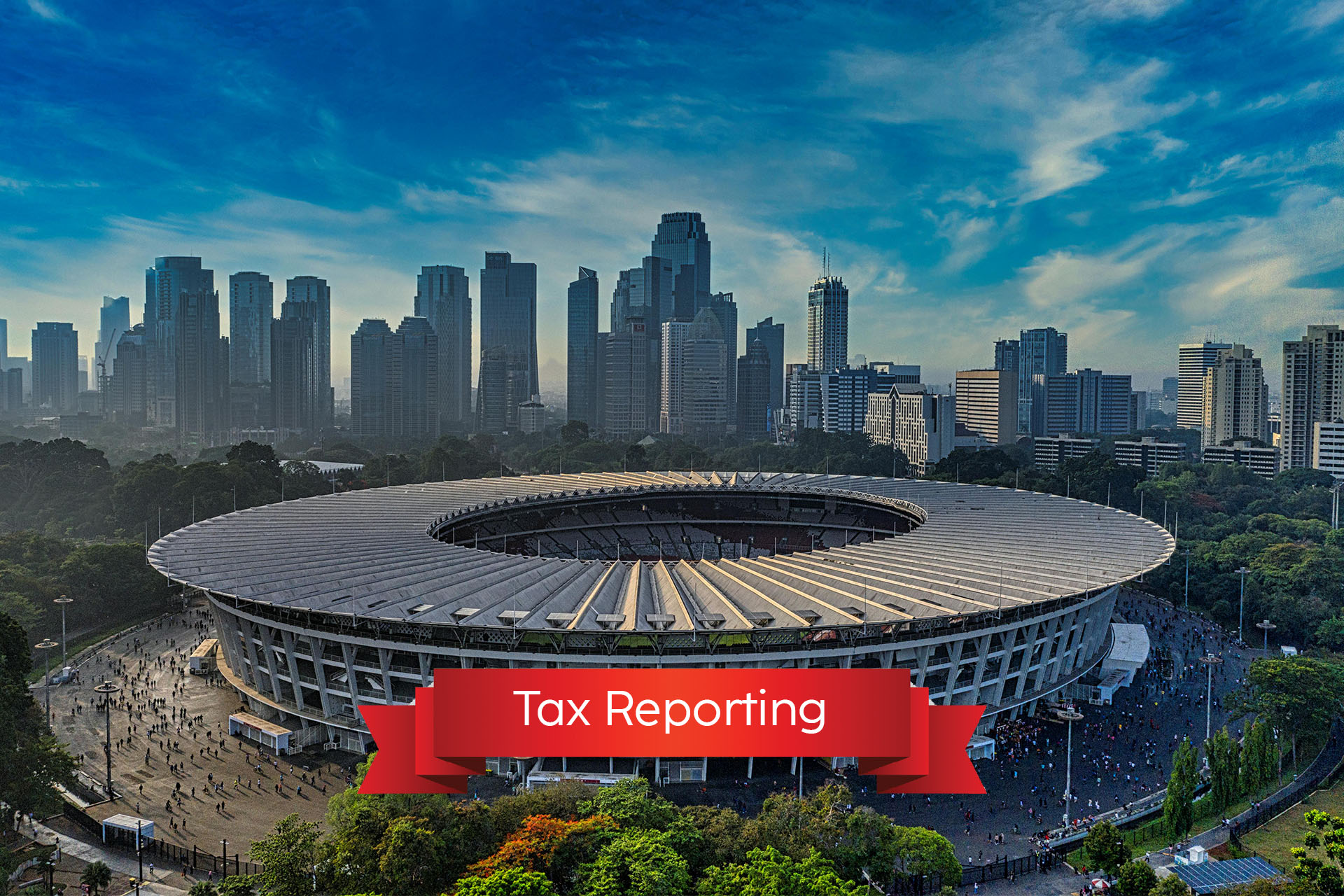Indonesia is sending a positive signal to investors and business owners with its latest announcement on tax incentives. To provide assurance for future investments, the Indonesian government has officially introduced a tax holiday policy that allows for a corporate income tax exemption of up to 100% until December 2025. However, this opportunity comes with specific criteria that we will explore in detail.
The Minister of Finance, Sri Mulyani Indrawati, has issued Regulation of the Minister of Finance (PMK) No. 69 of 2024, amending PMK No. 130/PMK.010/2020, which outlines the framework for tax reduction facilities for corporate income tax. This initiative aims to enhance Indonesia’s attractiveness as an investment destination amid fierce global competition.
What is a Tax Holiday?
A tax holiday is a tax incentive designed to exempt new companies from paying corporate income tax (PPh Badan) for a certain period. This incentive is intended to alleviate the tax burden on businesses, enabling them to allocate more capital towards business development, job creation, and increasing production capacity.
Developing countries often struggle to attract investors compared to their developed counterparts due to instability in various aspects, including economic, social, and political factors. This makes investors hesitant to take risks with their assets in these nations. By implementing tax holiday incentives, Indonesia aims to provide advantages that make the investment landscape more appealing, with careful considerations to avoid jeopardizing the nation’s interests.
Typically, this policy is extended to companies that meet specific requirements, such as investing in priority industries or regions that need economic growth.
Read also: Exciting News! Indonesia Grants Visa-Free Entry for Singapore PRs and 13 Other Nations
Recognizing the importance of this incentive, the government has extended the tax holiday up to 100% until December 2025. Previously, the Minister of Investment/Head of the Investment Coordinating Board (BKPM), Rosan Roeslani, emphasized that this extension is crucial for investor certainty moving forward, especially since the tax holiday represents approximately 25% of total investments.
Criteria for Companies Eligible for Tax Holiday
According to PMK No. 69 of 2024, companies seeking to benefit from the tax holiday must meet the following criteria:
- Be a pioneer industry, significantly contributing to economic value and externalities, introducing new technologies, and possessing strategic value for the national economy.
- Be a legally registered entity in Indonesia.
- Make new investments that have not been previously issued.
- Decisions regarding the approval or rejection of corporate income tax reductions.
- Approval for tax facilities based on specific sectors or areas as outlined in Article 31A of the Income Tax Law.
- Notification regarding the net income reduction for new investments or expansions in labor-intensive industries as per Article 29A of the Government Regulation (PP).
- Approval of tax facilities in Special Economic Zones (KEK).
- Commit to commencing investment plans within one year following the tax reduction decision.
- A minimum new investment value of IDR 100 billion.
- Adhere to the prescribed debt-to-equity ratio as outlined in the PMK regarding the determination of this ratio for corporate income tax purposes.
The Importance of Extending Tax Holidays
Indonesia faces significant challenges in enhancing its global competitiveness. The tax holiday program serves as an effective tool to attract investors, particularly in sectors such as renewable energy, pharmaceuticals, digital economy, and infrastructure.
Through this extension, the government aims to attract more investments in these sectors and bolster Indonesia’s position as a manufacturing and distribution hub in Southeast Asia. The initiative is also expected to accelerate the economic recovery in the aftermath of the COVID-19 pandemic.
Read also: Prabowo Promises to Build an Airport in North Bali, Set to Rival Singapore & Hong Kong
Additionally, Rosan pointed out the substantial impact of the Global Minimum Tax (GMT) on Indonesia. If GMT is enacted, companies could face a 15% tax imposed by their home countries, even if Indonesia offers a zero-tax incentive.
“We have communicated to those receiving the Tax Holiday that adjustments will be necessary if this is implemented. However, there’s no need to worry because we can provide incentives in other forms,” stated Rosan.
For domestic companies, the extended tax holiday under PMK No. 69 of 2024 remains available, encouraging further investment within the country.
“This is essentially aimed at encouraging domestic companies to invest more in Indonesia, particularly those benefiting from the Tax Holiday,” he added.
The tax holiday program, now extended until 2025, represents a significant step forward in fostering investment growth in Indonesia. However, its success will depend on consistent implementation, strong infrastructure support, and rigorous oversight. The government, investors, and society must collaborate to ensure that the long-term benefits of this policy are realized across all levels of Indonesian society.
For those looking to seize this opportunity, Bizindo is ready to assist with licensing, investment permits, and company establishment in Indonesia. With extensive experience in supporting foreign businesses, Bizindo can ensure you meet the necessary requirements and take full advantage of the best incentives available. Contact us today to start your business journey in Indonesia!





 20% off today. Whatsapp us!
20% off today. Whatsapp us!